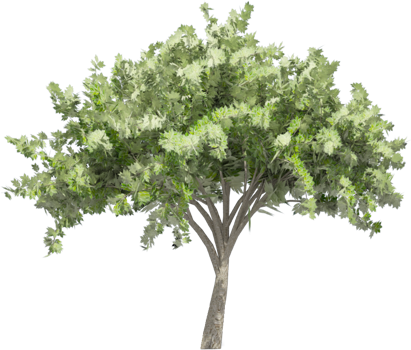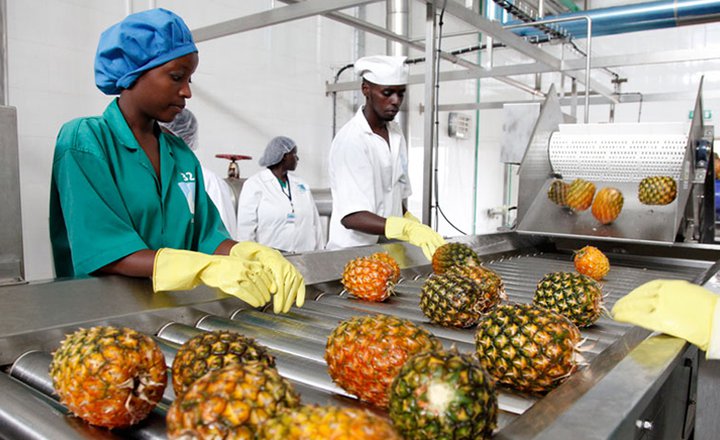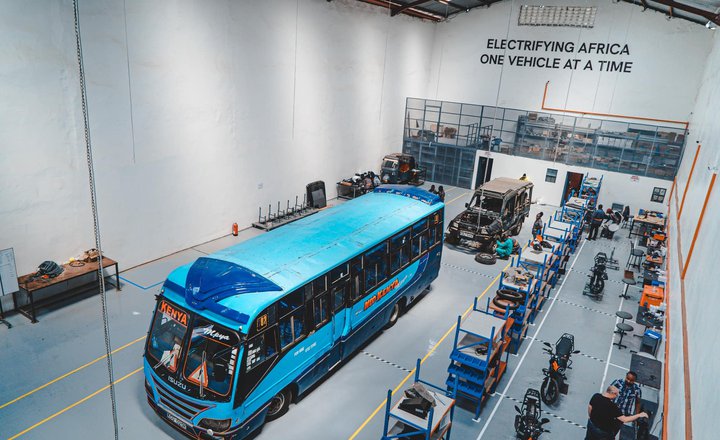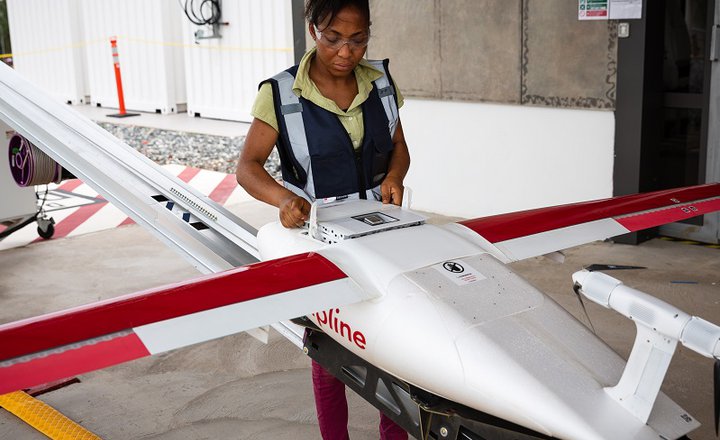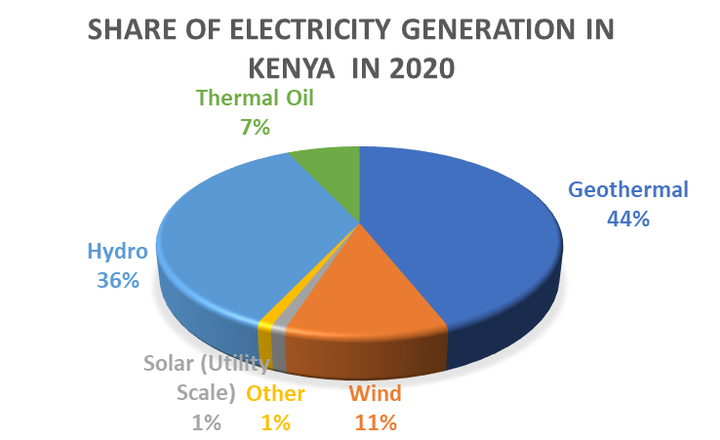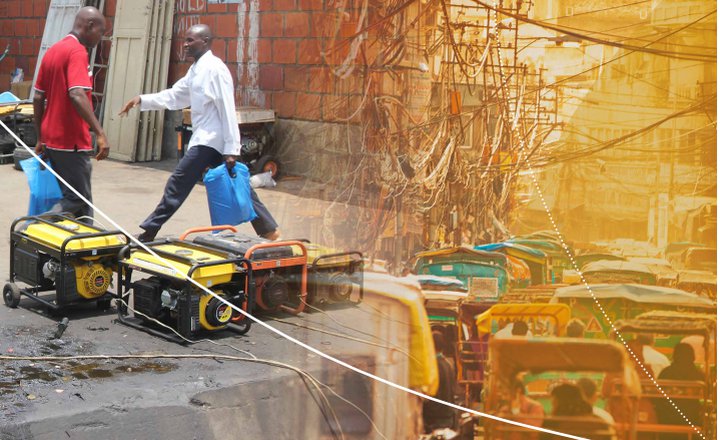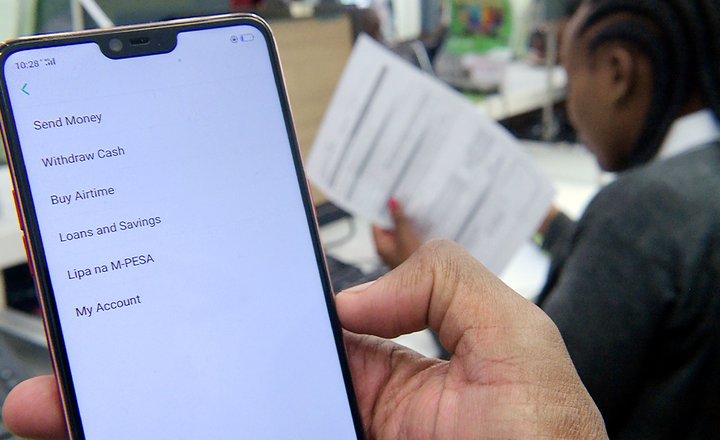The way we produce and consume our feed is changing, as are the environmental conditions in which we farm and live. At TES, we are looking to support the transition in agriculture with a focus on: low-cost, complexity & -tech hardware solutions, cold-chain storage, digitization, low-carbon food production, local processing/value-add, regenerative farming and transitioning substance farmers to higher income streams.
Innovation starts by sharing knowledge. We are constantly on the lookout for the latest grant opportunities and happily share this with you.
Agrifood
Mobility
How we move people and goods is the lifeline of an economy. Access to low-cost, reliable and high-quality logistics is a key requirement for both businesses and people to thrive.
TES will focus to support operational excellent supply-chains (e.g. higher quality- and reliability and lower marginal cost), access to (rural) logistics, improved efficiency for the (decentralized) marketplace, charging infrastructure, electrification of aviation, public transport and commercial land transport (bicycles, motorbikes to HGV), optimization of port operations and capacity and novel methods for the development of infrastructure.
Innovation starts by sharing knowledge. We are constantly on the lookout for the latest grant opportunities and happily share this with you.
Check out Mobility opportunities here
Energy
Decoupling economic growth from negative climate impact will require a shift in our energy production & distribution. But access to (clean) energy is not enough. For businesses to thrive, the key is not so much access to energy but low cost and reliability. TES focus will be on novel methods for energy production and storage, manufacturing, maintenance & monitoring methods, replacement of diesel GenSets and public infrastructure development.
Innovation starts by sharing knowledge. We are constantly on the lookout for the latest grant opportunities and happily share this with you.
Check out Energy opportunities here
Digitization
Digital applications are already driving socio-economic transformation, increasing efficient production and distribution of goods and services, opening up new opportunities for income generation for millions of poor people, enhancing connectivity between people, societies, government, and organizations. In the last fifteen years, the growth of digital technology, mainly driven by the mobile revolution and associated innovations has been one of the bright spots for Africa’s development.
Innovation starts by sharing knowledge. We are constantly on the lookout for the latest grant opportunities and happily share this with you.
